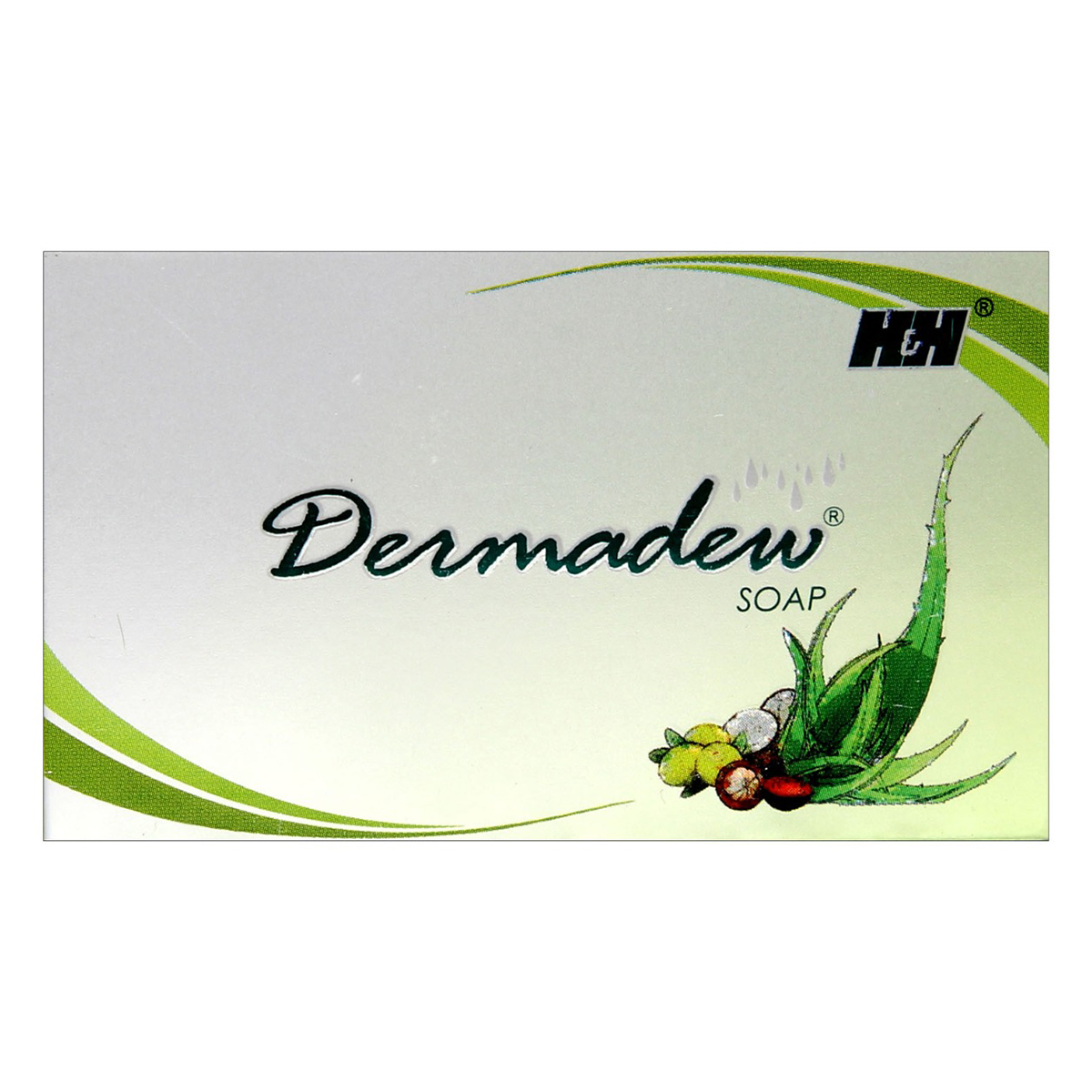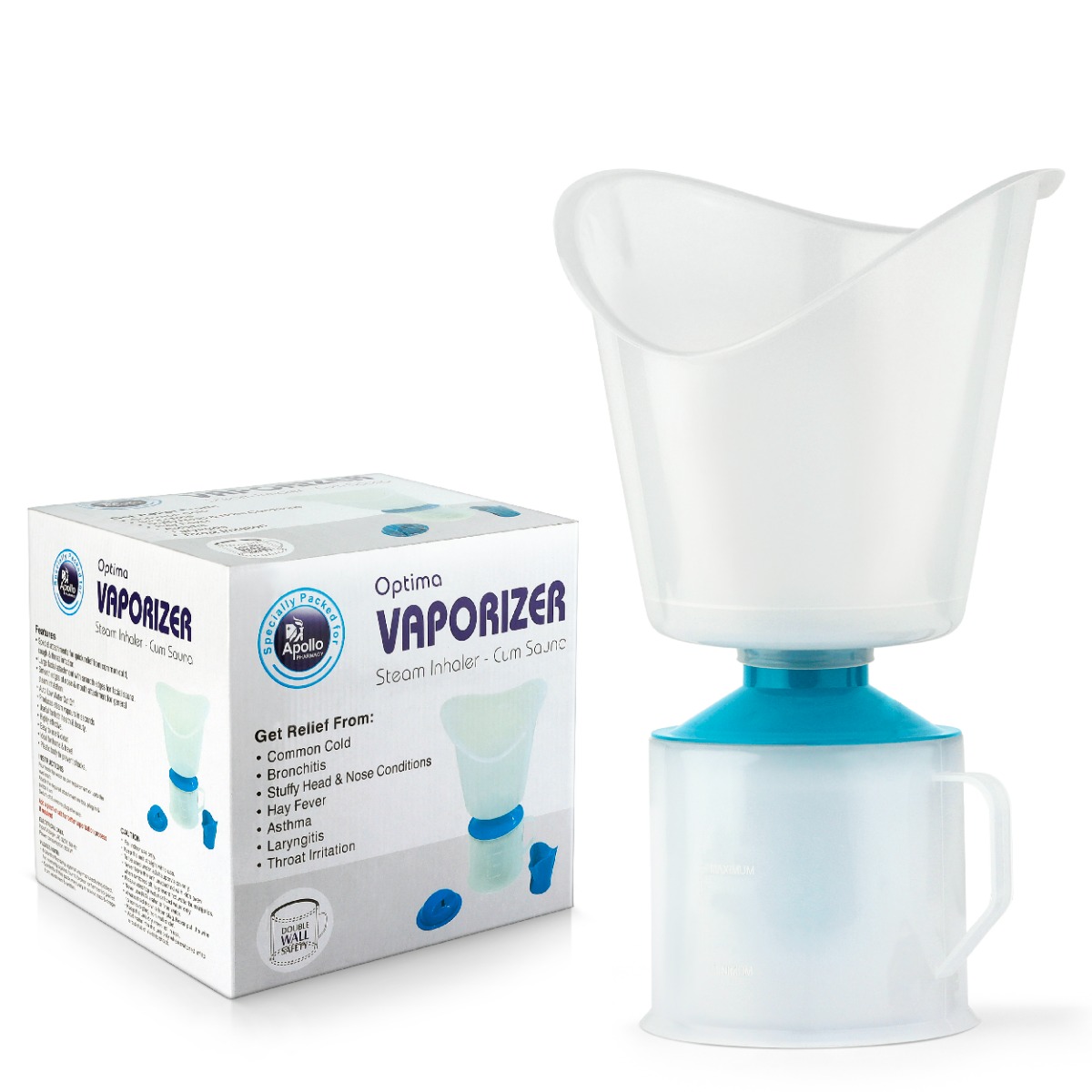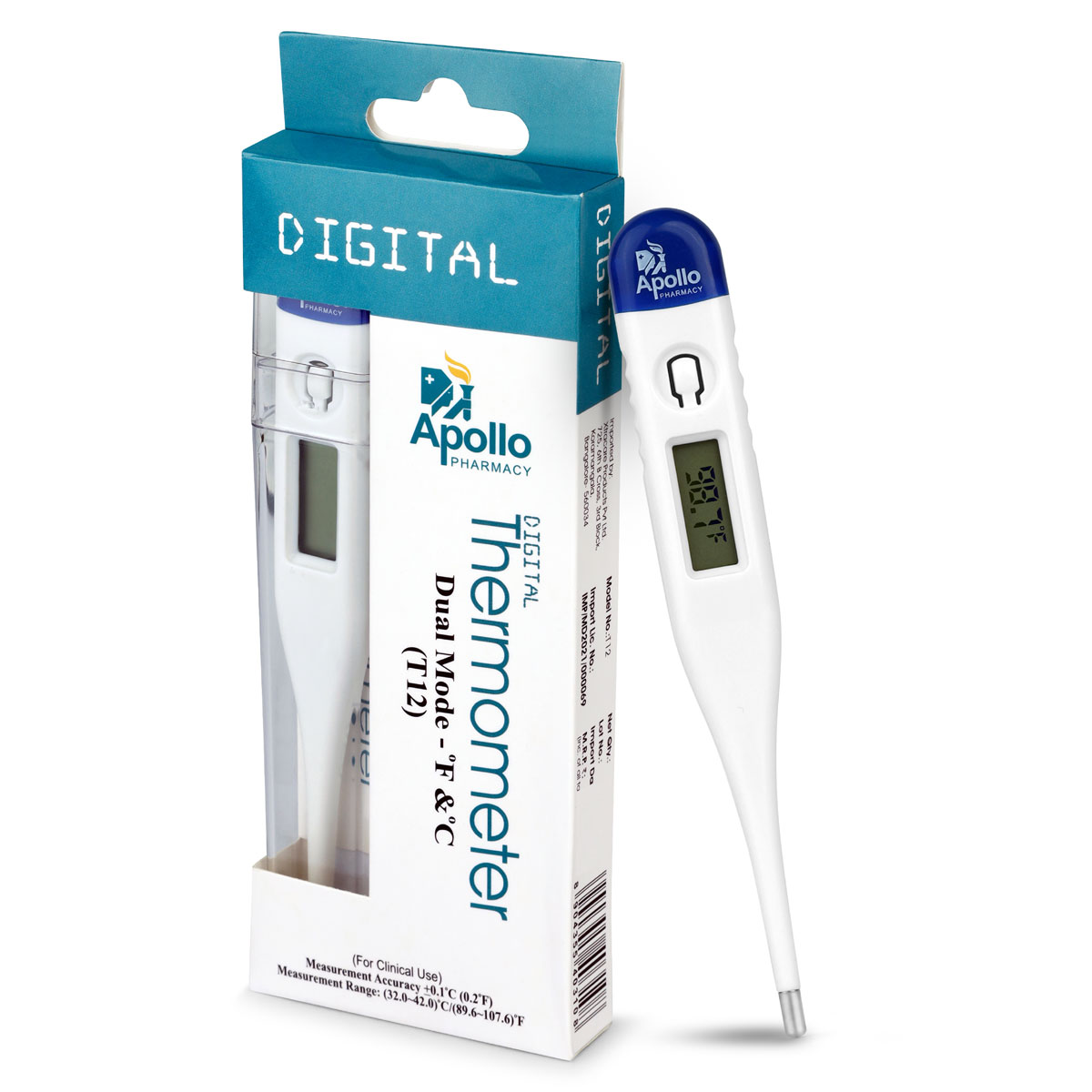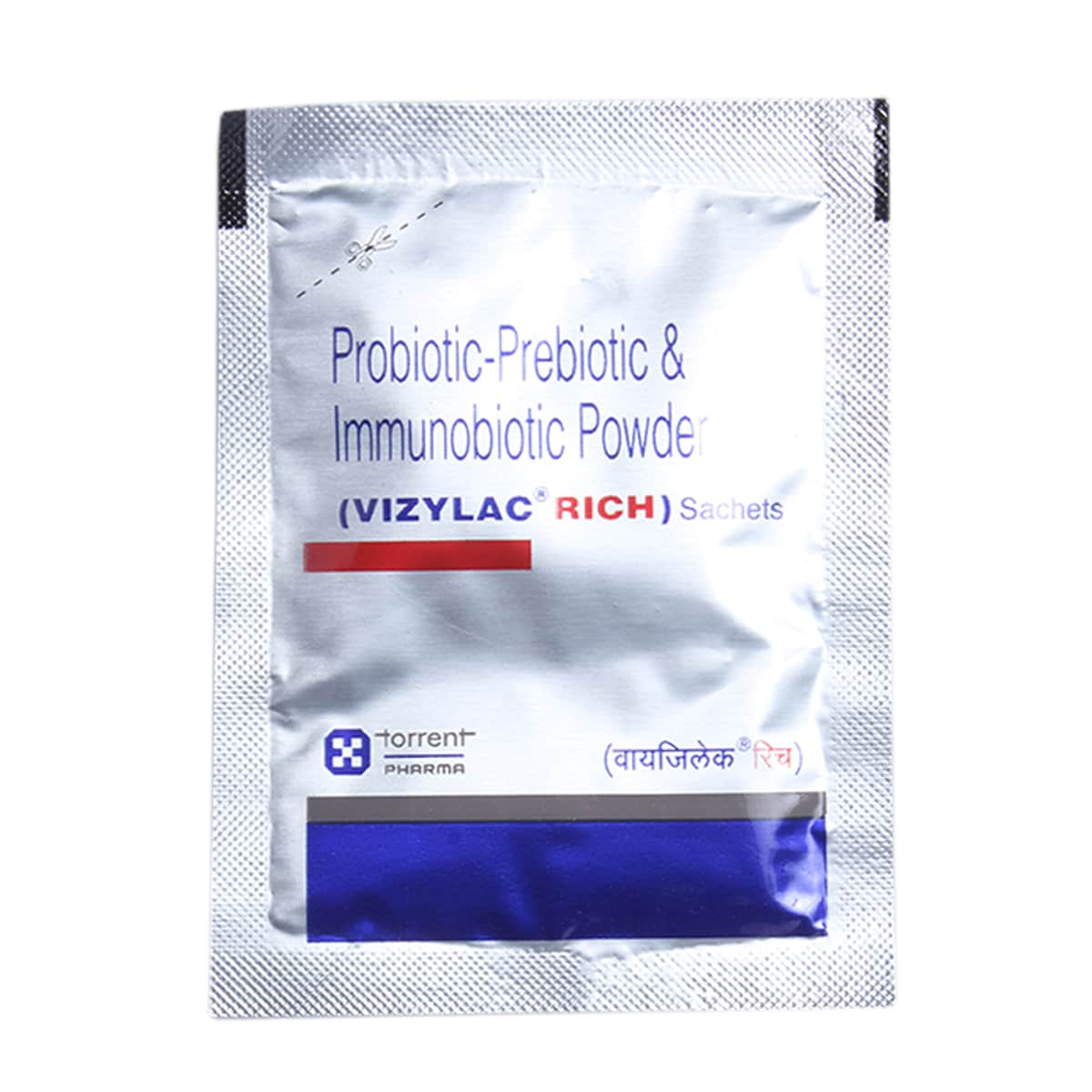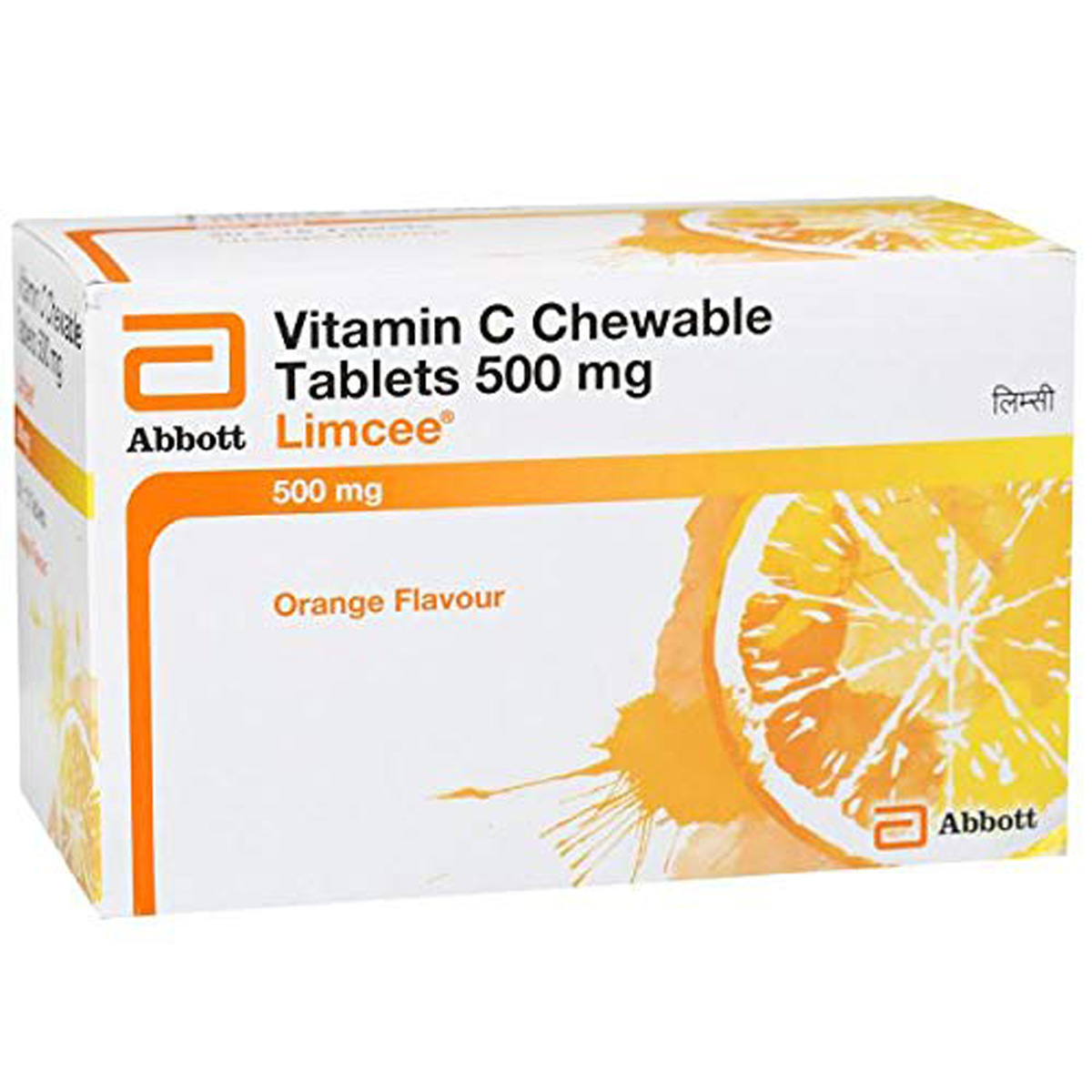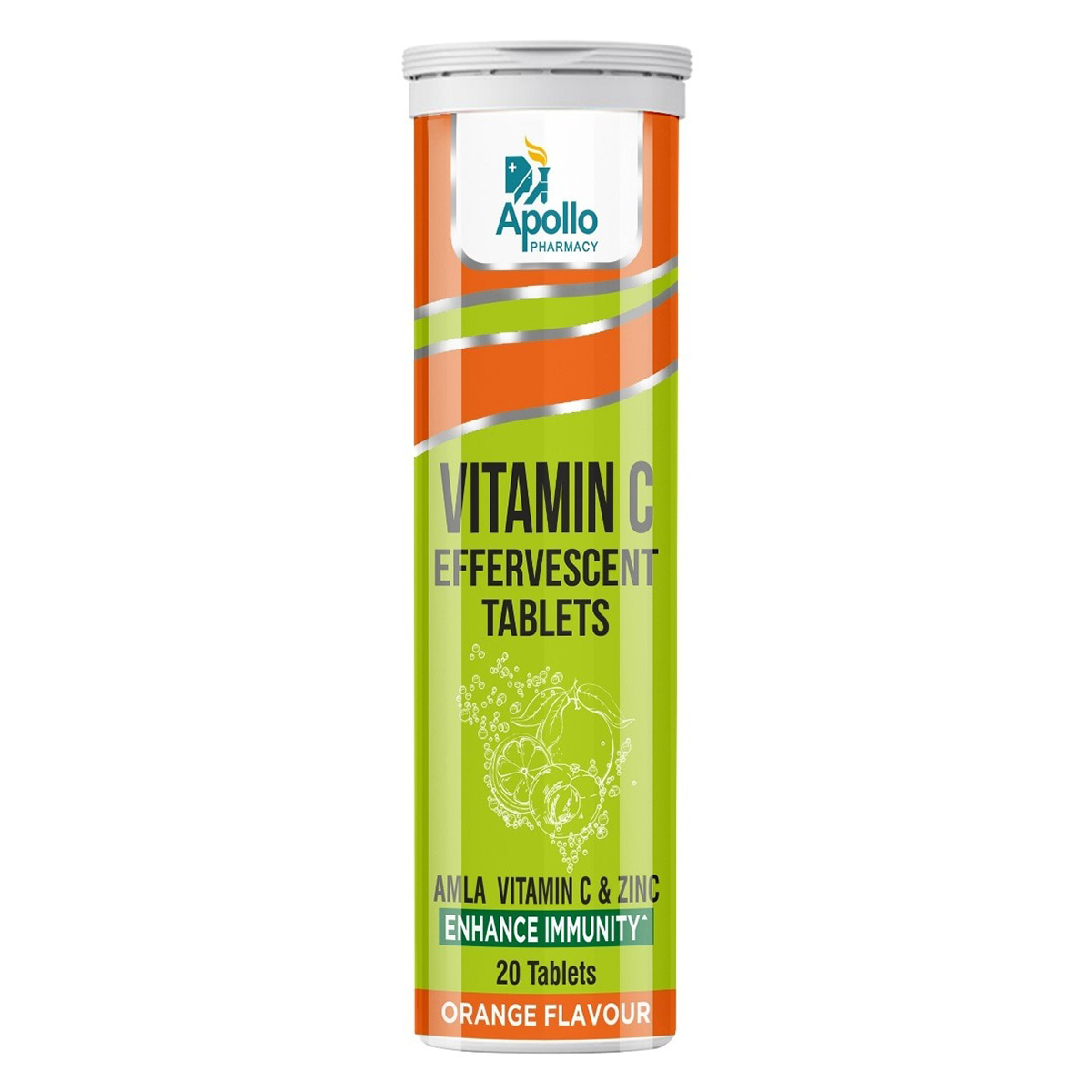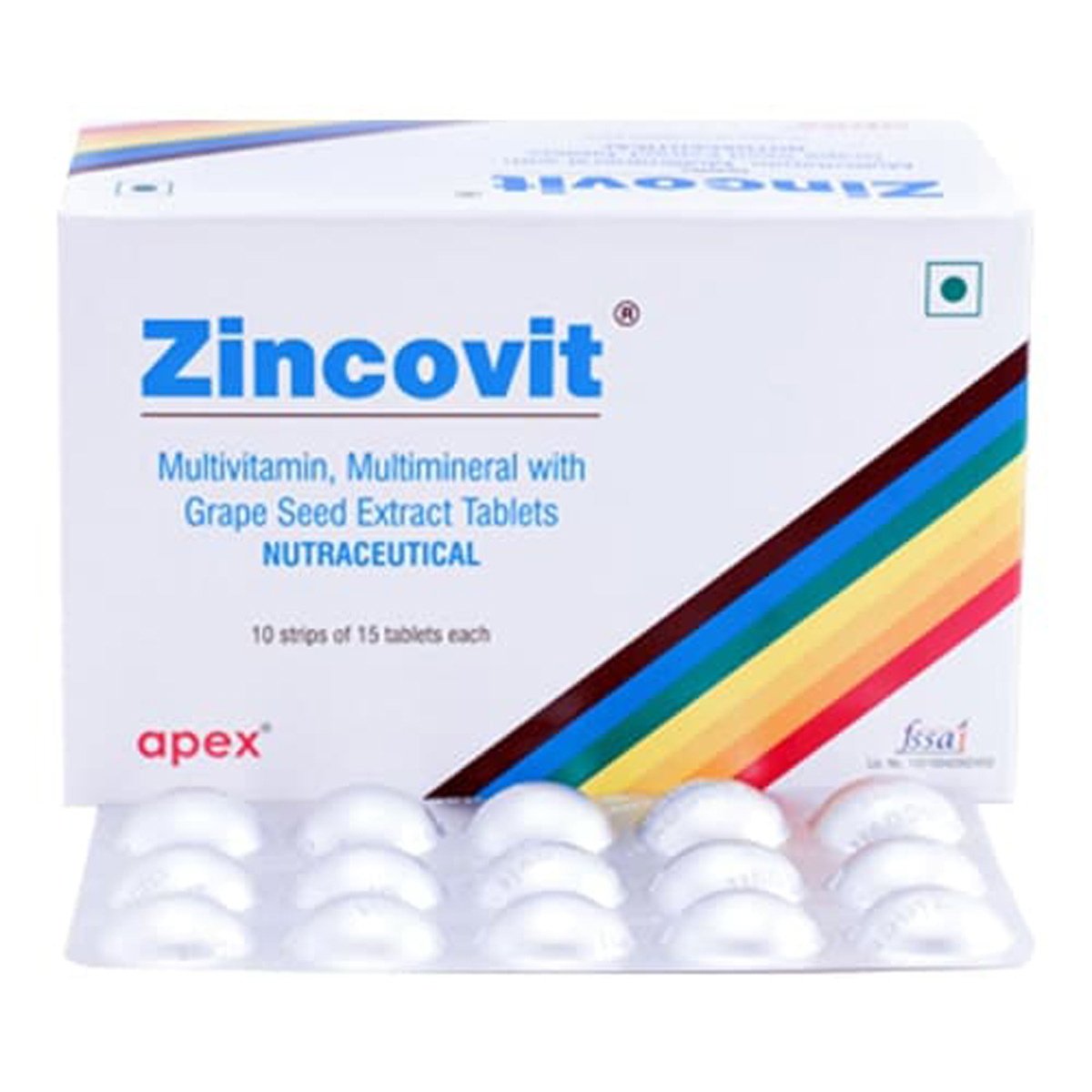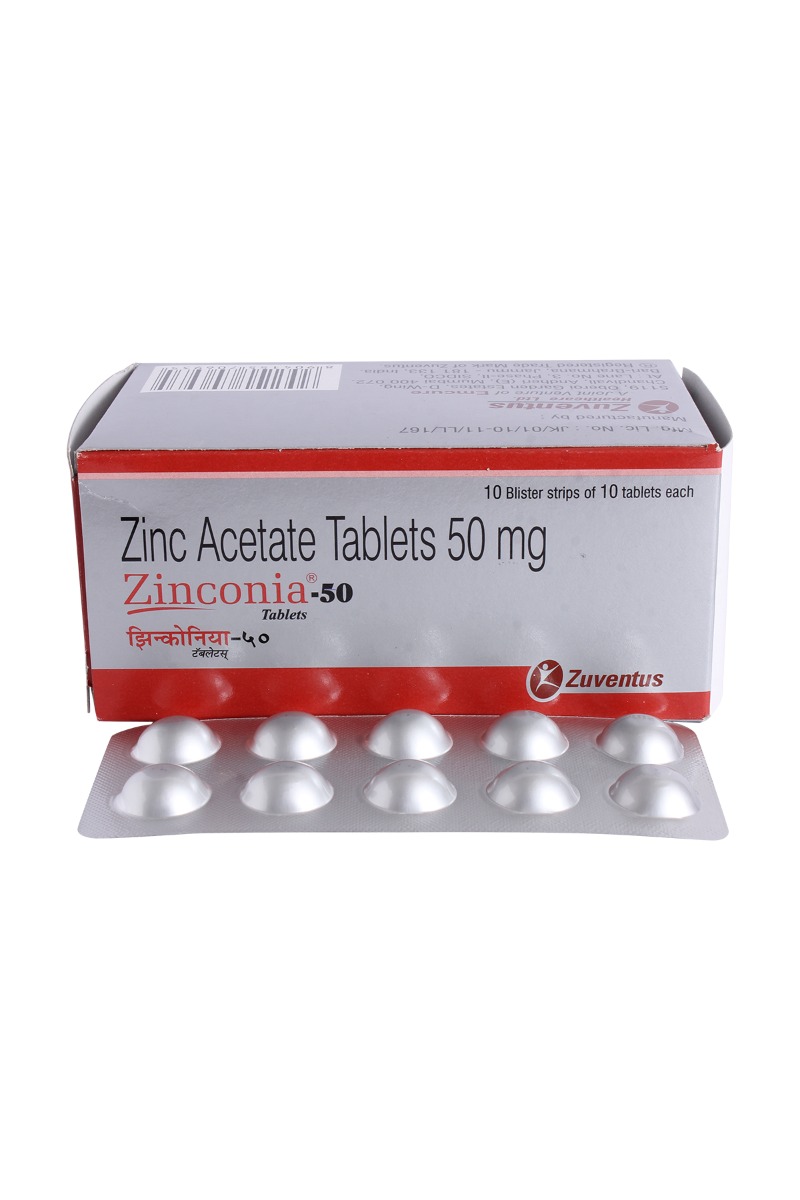Propygenta NF Cream
MRP ₹229.5
(Inclusive of all Taxes)
₹34.4 Cashback (15%)
Therapeutic Class
Author Details
We provide you with authentic, trustworthy and relevant information
Drug-Drug Interactions Checker List
- FUROSEMIDE
- PREDNISONE
- CYCLOSPORINE
- BACITRACIN
- POLYMYXIN B
Drug-Drug Interactions
Drug-Drug Interactions
Login/Sign Up
Drug-Food Interactions
Drug-Food Interactions
Login/Sign Up
Drug-Diseases Interactions
Drug-Diseases Interactions
Login/Sign Up
Drug Warnings
Before using Propygenta NF Cream, let your doctor know if have any fungal infections (candida infections, ringworm, or athlete's foot) or any viral infections (herpes or chickenpox), acne, rosacea (redness of the skin with small, red, pus-filled bumps on the face), and psoriasis. Do not use Propygenta NF Cream on the face and avoid contact with eyes. Do not put a bandage or a dressing on the affected area while using Propygenta NF Cream unless advised by the doctor. Always wash hands before and after the application of Propygenta NF Cream. Pregnant and breastfeeding women should use Propygenta NF Cream with proper consultation and caution.
Side Effects of Propygenta NF Cream
- Burning sensation
- Irritation
- Itching
- Redness
- Thinning of skin
Directions for Use
Medicinal Benefits Mweb
Key Benefits
Propygenta NF Cream is used to treat bacterial skin infections. Propygenta NF Cream is a combination of two medicines: namely: Clobetasol propionate and Neomycin. Clobetasol propionate is a corticosteroid that blocks the production of prostaglandins (chemical messengers), which make the skin red, swollen and itchy. Neomycin is an antibiotic used in treating bacterial and fungal infections of the skin. It prevents the synthesis of essential proteins required by bacteria to carry out vital functions.
Uses of Propygenta NF Cream
About Propygenta NF Cream
Propygenta NF Cream belongs to the class of dermatological medication, primarily used to treat bacterial skin infections. Bacterial infection occurs when bacteria enter the body through broken skin. Bacterial skin infections are generally mild and can be treated using topical antibiotics. Symptoms of a skin infection include rashes, blisters, cracked/dry skin, itching, redness, swelling, stinging, or burning sensation.
Propygenta NF Cream consists of two medicines, namely: Clobetasol propionate and Neomycin. Clobetasol propionate is a corticosteroid. It blocks prostaglandins' production (chemical messengers) that make the skin red, swollen, and itchy. On the other hand, Neomycin is an antibiotic used in treating bacterial infections of the skin. It prevents the synthesis of essential proteins required by bacteria to carry out vital functions.
Use this medication on the skin only as advised by the doctor. Propygenta NF Cream is generally safe to use. Sometimes you may experience side effects like burning, irritation, itching, redness, and thinning of skin at the application site. Most of these side effects of Propygenta NF Cream do not require medical attention and gradually resolve over time. If these side effects persist longer, please consult your doctor.
Brief your medical history to the doctor, if you are allergic to any of its components. Let your doctor know if you have any fungal infections (candida infections, ringworm, or athlete's foot) or any viral infections (herpes or chickenpox), acne, rosacea (redness of the skin with small, red, pus-filled bumps on the face), and psoriasis before starting to use Propygenta NF Cream. Pregnant and breastfeeding women should use Propygenta NF Cream with proper consultation and caution.
Online payment accepted
know your delivery time
Provide Delivery Location
Author Details
We provide you with authentic, trustworthy and relevant information
Therapeutic Class
All Substitutes & Brand Comparisons
- Avoid extreme heat or cold, like hot showers or cold winds, to prevent worsening skin discomfort.
- Cool compresses: To reduce itch, redness, and swelling.
- Avoid irritants like harsh chemicals or allergens to prevent worsening skin discomfort.
- If you have severe itching, burning, or blistering seek medical attention.
- Keep your skin clean by gently washing your face two times daily and after sweating. Choose a mild and non-abrasive cleanser.
- Use gentle alcohol-free skin care products. Avoid products that might irritate your skin such as exfoliants, astringents and toners.
- Acne may also occur due to oil in the hair. Thus, if you have oily hair, shampoo more frequently than you do now and keep your hair away from face.
- Keep your hands off your face as touching face throughout the day might worsen acne. Also, do not pick, squeeze or pop acne as it will prolong the healing process and increase the risk of dark spots and scarring.
- Avoid tanning by applying a broad spectrum sunscreen and wearing sun-protective clothing when outdoors.
- Mild hair follicle inflammation often heals on its own without needing treatment.
- You can apply a warm saltwater or vinegar solution to the affected area with a washcloth, or use over-the-counter antibiotics, oatmeal lotion, or hydrocortisone cream for relief.
- Avoid making the affected area worse by not shaving, scratching, or wearing tight clothes.
- Apply a warm compress to the area 3-4 times a day for 15-20 minutes to help speed up healing.
- Do not scratch, squeeze, or pop any bumps, as this may lead to infection or other problems.
- If self-care methods fail, consult a doctor for further treatment and advice.
- Shield your skin from the sun by using sunscreen, seeking shade, and wearing protective clothing.
- Please don't smoke, as it damages the skin and reduces blood flow.
- Treat your skin gently by limiting bath time, using mild cleansers, and shaving carefully.
- Eat a healthy diet of fruits, vegetables, whole grains, and lean proteins.
- Stay hydrated by drinking plenty of water.
- Manage stress through sleep, exercise, meditation, and enjoyable activities.
- Additionally, use moisturizers to coat your skin with a protective barrier, and consider wearing sun-protective clothing.
- Apply moisturizer immediately after showering or bathing.
- Use a moisturizer containing lanolin, petroleum jelly, glycerine, hyaluronic acid or jojoba oil.
- Do not use hot water for bathing. Instead use warm water and limit showers and bath to 5 to 10 minutes.
- Apply a sunscreen with SPF-30 or higher.
- Avoid harsh soaps, detergents and perfumes.
- Do not scratch or rub the skin.
- Drink adequate water to prevent dehydration.
- Wear pants, full sleeves and a wide-brimmed hat while going out in the sun.
- Hydrate your body: Drink enough water to prevent dehydration and headaches.
- Calm Your Mind: Deep breathing and meditation can help you relax and relieve stress.
- Rest and Recharge: Sleep for 7-8 hours to reduce headache triggers.
- Take rest: lie down in a quiet, dark environment.
- Cold or warm compresses can help reduce tension.
- Stay Upright: Maintain good posture to keep symptoms from getting worse.
- To treat headaches naturally, try acupuncture or massage therapy.
- Over-the-counter pain relievers include acetaminophen and ibuprofen.
- Prescription Assistance: Speak with your doctor about more substantial drug alternatives.
- Severe Headaches: Seek emergency medical assistance for sudden, severe headaches.
- Frequent Headaches: If you get reoccurring headaches, consult your doctor.
- Headaches with Symptoms: Seek medical attention if your headaches include fever, disorientation, or weakness.

Have a query?
Verified Buyers Reviews
Side Effects
- Skin Discomfort
- Pimples
- Inflammation Of Hair Follicles
- Dilated Blood Vessels
- Skin Thinning
- Dry Skin
- Headache
If any of the above side effects continue or intensify, seek medical advice. Professional guidance may be necessary for appropriate care and treatment adjustments.

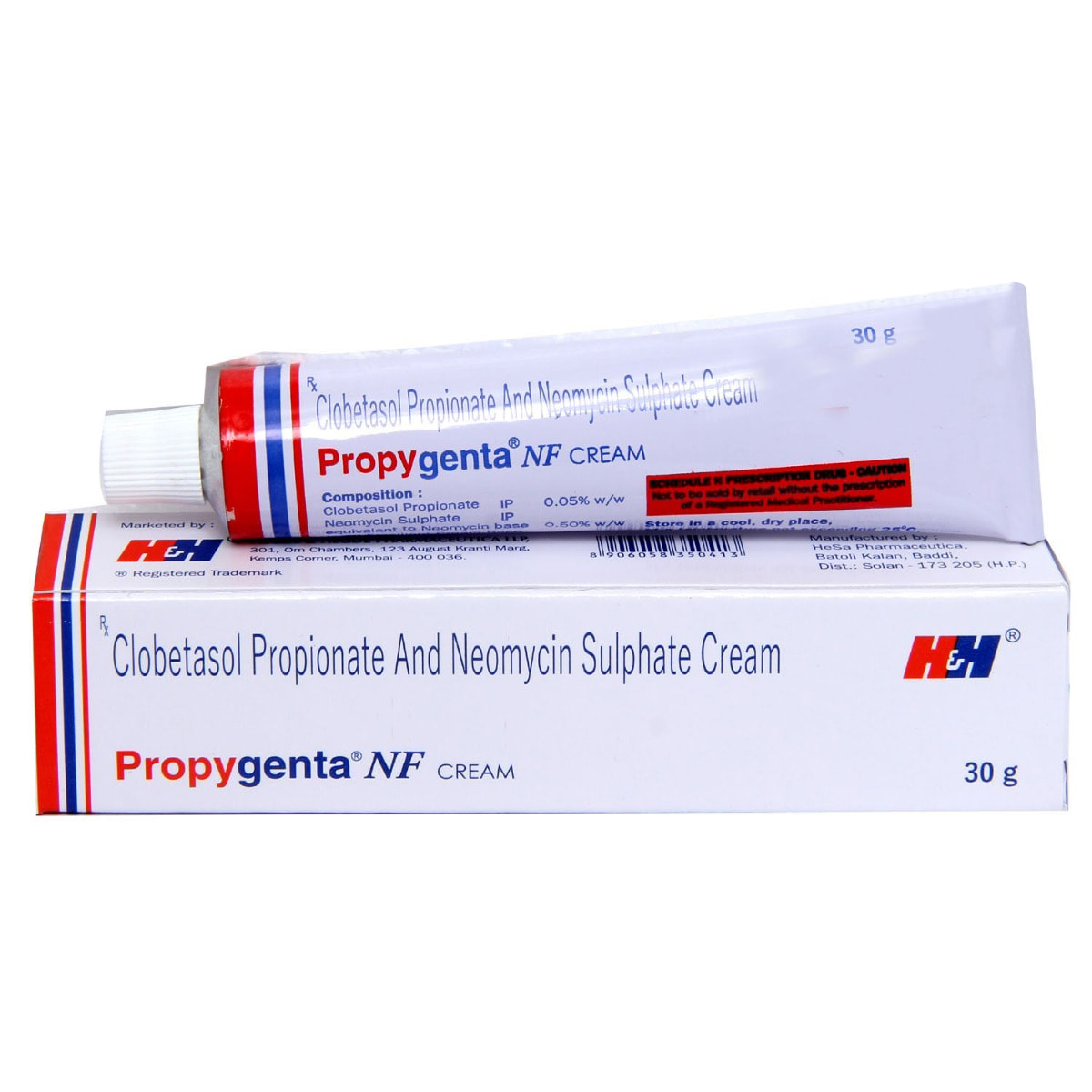



_0.jpg?tr=q-85)

